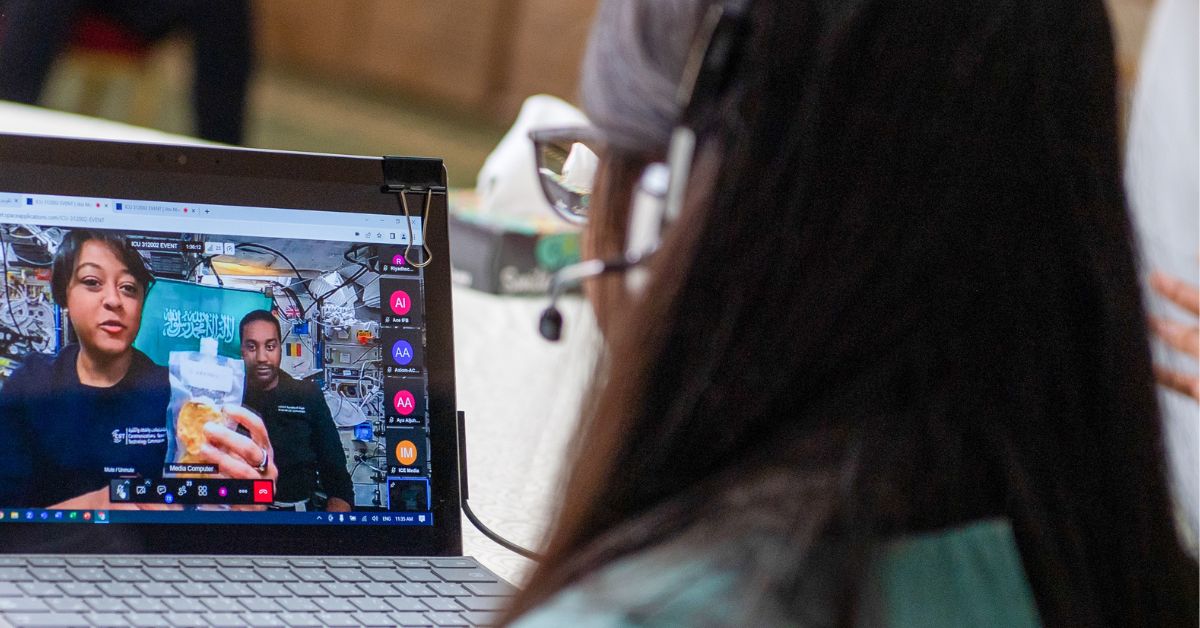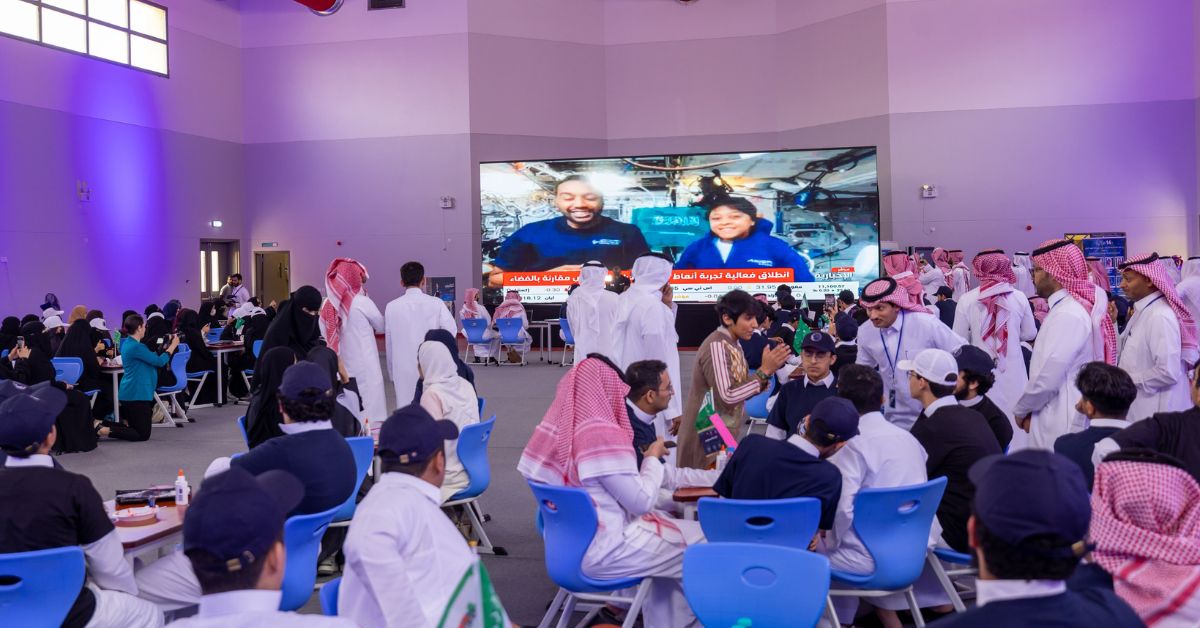RIYADH– Saudi astronaut Rayyanah Barnawi successfully completed a series of scientific experiments on the International Space Station (ISS), as announced by the King Faisal Specialist Hospital and Research Centre (KFSH&RC) in collaboration with the Saudi Space Commission.
These trials focused on understanding the behavior of immune cells and the effect of specific treatments on inflammatory conditions in a space environment. The goal is to gain deeper insights into the biological changes occurring in space and to monitor the activity of thousands of genes in immune cells exposed to inflammation over time. The findings from this four-day experiment could play a pivotal role in devising strategies for the prevention and early treatment of certain diseases.
The experiments were supervised by Dr. Khaled Abu Khabar, Chairman of the KFSH&RC’s Department of Molecular Biomedicine, and Dr. Wijdan Al-Ahmadi, with live support from BioServe Space Technologies in collaboration with NASA.
On Monday, Barnawi and fellow astronaut Ali Alqarni conducted three educational experiments on the ISS, involving real-time interaction with 12,000 students from various schools in the Kingdom. The initiative was in collaboration with the Ministry of Education, the King Abdulaziz and His Companions Foundation for Giftedness and Creativity (Mawhiba), and Riyadh and Misk schools.
These experiments aimed to teach students about fluid mechanics, aerodynamics, and heat transfer methods through hands-on experience. The initiative allowed students to compare the results of experiments conducted in a microgravity environment with those performed on Earth.

Dr. Mohammed bin Saud Al-Tamimi, Governor of the Communications, Space, and Technology Commission (CST) and CEO of the Saudi Space Commission, expressed his gratitude to the educational team and praised their efforts to offer this unique opportunity for students to interact with astronauts.
These initiatives reflect the Kingdom’s commitment to space exploration, as encapsulated by Saudi Vision 2030, which aims to foster a new generation of astronauts, engineers, and scientists in the space sector. By enhancing awareness and interest in STEM-related fields, the Kingdom is looking to invest in human capital and attract talent capable of making significant contributions to the space industry.








